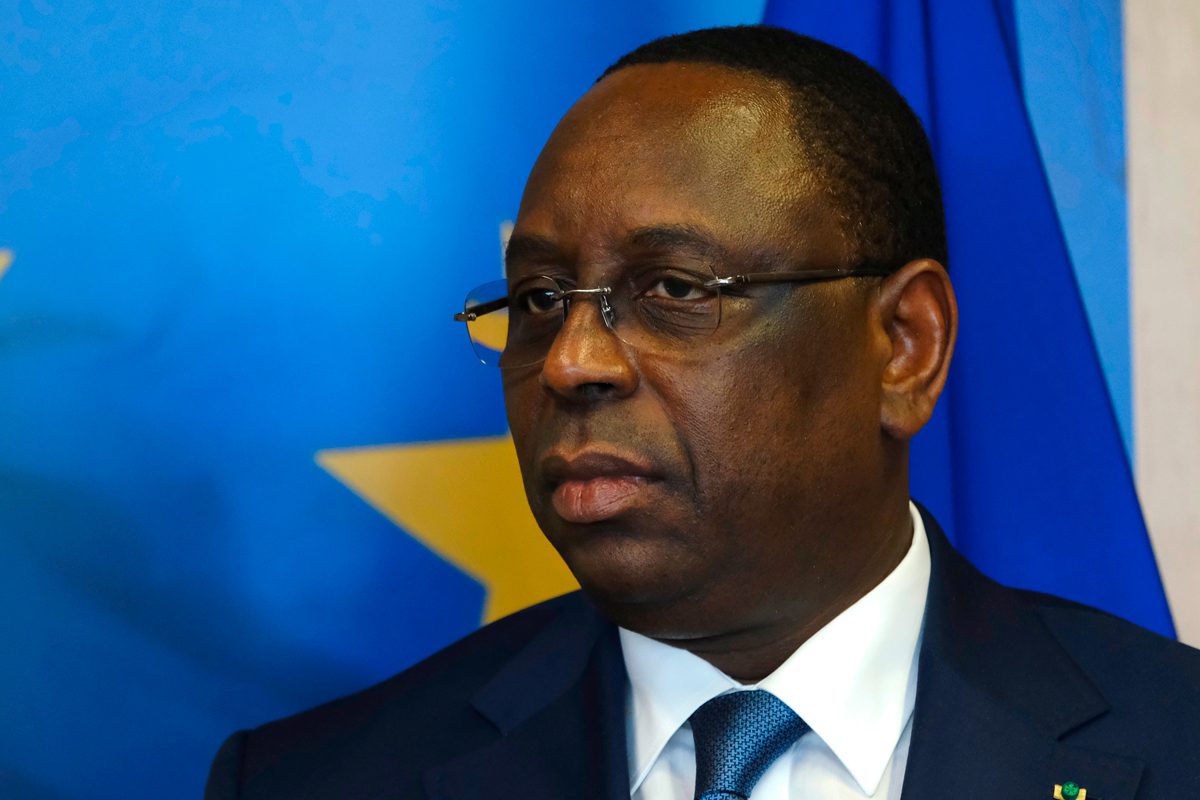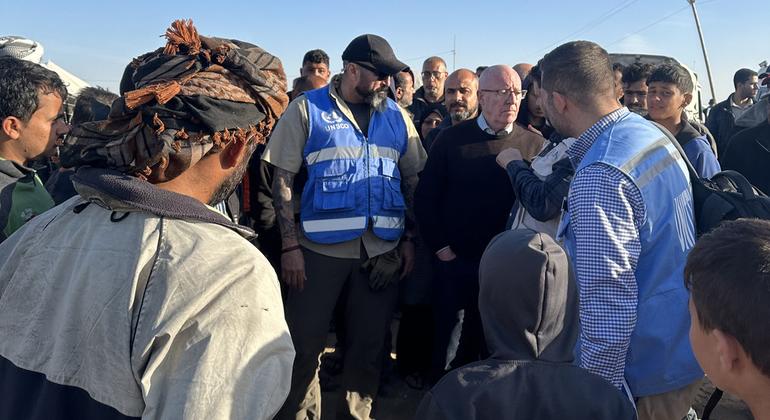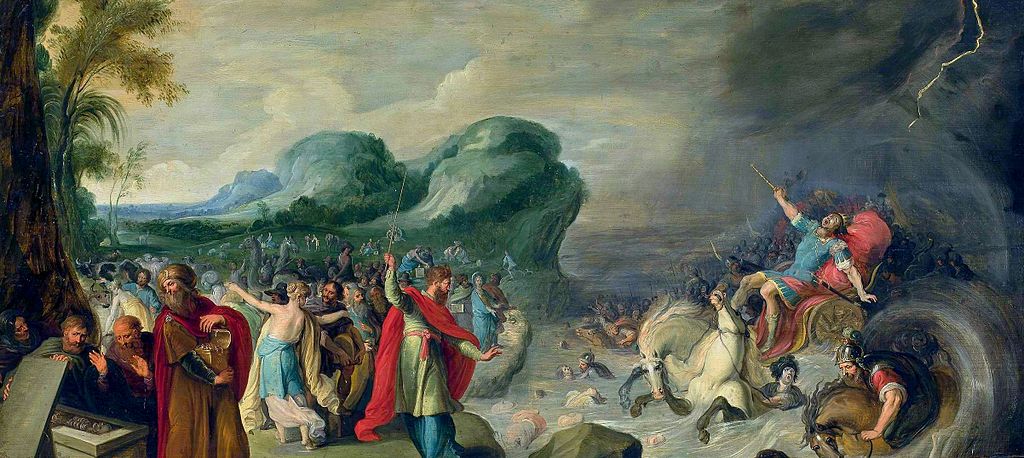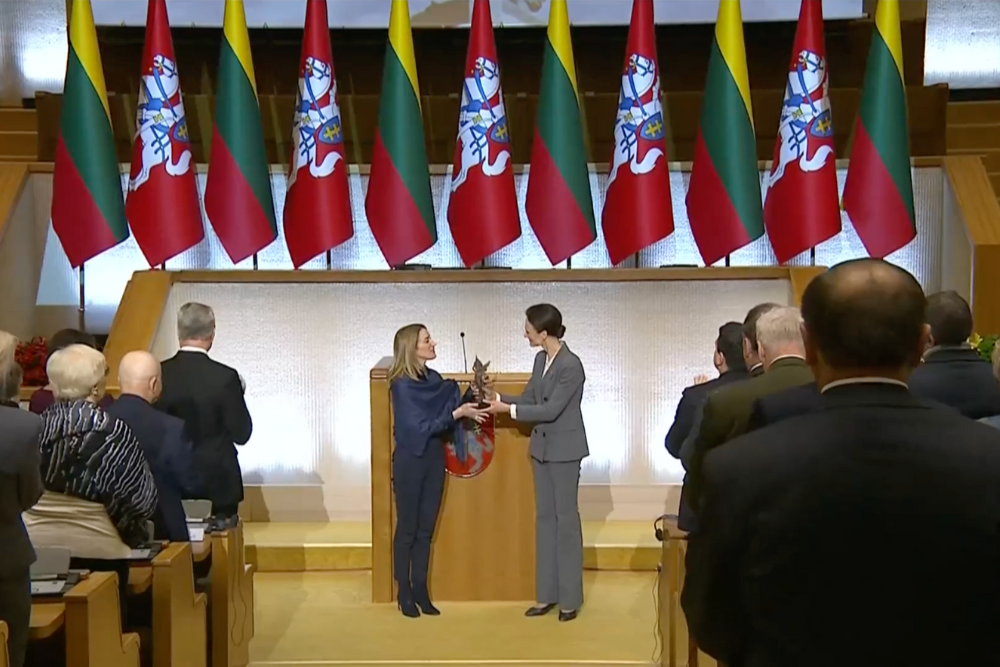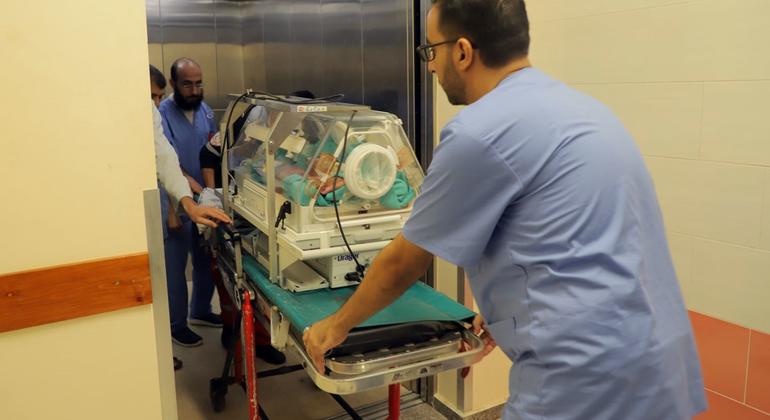On 18 December 2023, the Council of the European Union imposed restrictive measures on Tsargrad TV Channel (Царьград ТВ) belonging to and financed by the so-called “Orthodox oligarch” Konstantin Malofeev, as part of the 12th Package of Sanctions targeting an additional group of 61 individuals and 86 entities in Russia responsible for actions undermining or threatening the territorial integrity, sovereignty, and independence of Ukraine. On that occasion, the SPAS TV Channel of the Russian Orthodox Church was also put under EU sanctions.
Tsargrad TV Channel
Tsargrad TV Channel was created in 2015. In the fall of 2017, Malofeev created the “Two-Headed Eagle,” which he defined as the “society for the development of Russian Historical Enlightenment.” From the end of 2017, it stopped broadcasting and completely switched online.
In 2020, Tsargrad TV was blocked on YouTube due to violation of sanctions legislation and trade rules, as reported by Ukrainska Pravda. Before that ban, Tsargrad TV had 1.06 million subscribers.
Tsargrad TV positions itself as a conservative information and analytical TV channel that covers events in Russia and the world from the point of view of the Russian Orthodox majority in the spheres of Russia’s domestic and foreign policy, geopolitics, international relations, culture, traditions, and religion. Among its aims, the promotion of monarchism and the history of pre-revolutionary Orthodox Russia.
Malofeev’s “Society for the Promotion of Russia’s Historical Development” is suspected by the United States of involvement in espionage in favor of Russia. The organization, among other things, advocates “the return of the Russian Empire to its historical borders.”
Tsargrad TV channel also became known for its harsh, and sometimes insulting, statements against other religions in the Russian Federation, in unison with the state policy of restricting the freedoms of non-Orthodox religions and their members.
Alexander Dvorkin’s hate speech against Jehovah’s Witnesses and Scientology on Tsargrad TV
Commenting on the decision of the Supreme Court liquidating and banning the activities of Jehovah’s Witnesses in Russia in 2017, Tsargrad TV wrote on 19 July 2017: “The Russian state has finally realized that it is not only the suicide attacks that pose a danger to it, but also the prayer meetings of cults… The Jehovah’s Witnesses’ cult in Russia was finally and irrevocably banned… From now on, stunted adherents of the heretical doctrine will no longer cling in pairs to passers-by or knock on the doors of apartments in multi-story buildings, asking the stunned Philistines whether they know about God”
With regard to the Church of Scientology also liquidated by a court and banned in Russia, Tsargrad TV Channel calls it a totalitarian cult. On 7 June 2017, one day after a wide-scale police crackdown on the Church of Scientology in St Petersburg, Tsargrad widely opened its microphone and its columns to the Alexander Dvorkin, a member of the board of directors of the international anti-cult organization FECRIS and its former vice-president for many years, well-known for fueling hostility and hatred towards religious minorities, especially of foreign origin.
Dvorkin was then quoted as saying: “Once, Time Magazine published a large collection of materials on Scientology, under the general title: ‘Scientology is a cult of greed and power.’ You can’t say it better!”
According to Dvorkin, Scientology is a totalitarian cult and a threat to state security as it is also an international intelligence service that collects information about everyone: “Especially purposefully, Scientologists collect information about politicians, show business figures, security forces and, of course, about the enemies of the cult against whom it fights with the most dishonest, dirty and often criminal methods. And they purposefully collect compromising information. And all the information collected about each member of the cult, all his relatives and loved ones, everyone they mention, remains in the local Scientology organization and is also sent to the Scientology headquarters in Los Angeles. All basic procedures of Scientology, during which information is extracted from a person—the so-called auditing—are recorded under audio and video, often without the knowledge of the person himself. In addition, since 1993, Scientology enjoyed the special patronage of the U.S. Department of State. It is quite reasonable to assume that the support agreement that was concluded that year includes the consent of Scientologists to provide part of the collected information to the intelligence community of the United States.”
These statements on Tsargrad regarding the Church of Scientology and Jehovah’s Witnesses were completely consonant with the Kremlin’s policy and coincided with the time when the FSB officers searched the central office of the Church of Scientology in Russia and inspected the Church of Scientology of St. Petersburg.
Sanctions against Tsargrad TV and Malofeev by the US, Australia, Canada, the EU, Japan, New Zealand, the UK and Ukraine
The reason for the inclusion of the TV channel in the sanctions list of the European Union on 18 December 2023 was the dissemination of pro-Kremlin propaganda, justification of the Russian war of aggression in Ukraine, and funding by the Russian government.
The Religious Information Service of Ukraine (RISU) also emphasizes that the sanctions were imposed for the fact that Tsargrad spreads disinformation and Russian propaganda about the war in Ukraine, supports nationalist narratives, justifies the occupation of Ukrainian territories and the removal of Ukrainian children to Russia, including their further adoption. As noted, the TV channel also financially supports the aggression.
According to the Telegram channel Christians Against War, Konstantin Malofeev helped pro-Russian separatists foment the war in the Donbas. While all of Malofeev’s initiatives in Ukraine were, formally, privately organized and funded, intercepted phone calls between him and his lieutenants on the ground in Ukraine, as well as hacked email correspondence, showed that he closely coordinated his actions with the Kremlin, at times via the powerful Orthodox Bishop Tikhon whom Malofeev and Putin (in their own words) share as “spiritual adviser.”
Konstantin Malofeev himself has been under US sanctions since the end of 2014 in connection with the events in Eastern Ukraine. He is also on the sanctions list of Canada.
On 20 April 2022, the United States introduced a new package of sanctions against Russia, which included 29 individuals and 40 legal entities, including the Tsargrad TV channel. This was reported by the US Treasury. In its press release, the US Treasury was saying “Russia-based company Tsargrad OOO (Tsargrad) is a cornerstone of Malofeyev’s [sic] broad malign influence network. Tsargrad spreads pro-Kremlin propaganda and disinformation that is amplified by the GoR. Tsargrad served as an intermediary organization between pro-Russian European politicians and GoR officials, and recently pledged to donate more than $10 million to support Russia’s unprovoked war against Ukraine.”
US authorities also accused Konstantin Malofeev of trying to circumvent sanctions, as it was stated by US Attorney General Merrick Garland at a press conference on 6 April 2022. Garland said the US Department of Justice confiscated “millions of dollars” from an account related to Malofeev. According to the U.S. Attorney General, Malofeev created a scheme that allowed media outlets controlled by the businessman to operate in Europe. The founder of Tsargrad is also suspected of financing Russians who contributed to the separation of Crimea from Ukraine and its annexation by Russia.
On 2 September 2022, the Cabinet of Ministers of Ukraine adopted sanctions against the Russian propaganda Tsargrad Group of companies. This was reported by the press service of the Ministry of Reintegration of Ukraine.
In February 2023, President Joe Biden’s administration seized Konstantin Malofeev’s assets.
On 4 February 2023, the Ministry of Foreign Affairs of Canada announced the imposition of new sanctions against Russia, under which the Russian TV channel Tsargrad fell for spreading disinformation and propaganda.
On 23 June 2023, the European Union approved the 11th package of sanctions against Russia. Among the sanctions aimed at stopping the systematic international campaign of the Russian Federation to manipulate the media, aimed at increasing the destabilization of neighboring countries licenses have been suspended for broadcasting five media resources, including the Russian TV channel Tsargrad.
The EU pointed out that these media outlets are under constant direct or indirect control of the Russian leadership and have been used for constant propaganda aimed at political parties, especially during elections, civil society in the EU and neighboring countries, asylum seekers, Russian ethnic minorities, gender minorities and the functioning of the EU’s democratic institutions.
However, according to the Charter of Fundamental Rights, the restrictions imposed by the 11th package of sanctions did not prevent the Tsargrad TV channel and its employees from carrying out activities in the EU, except for broadcasting, such as research and interviews.
The 12th package of sanctions strengthened the restrictions imposed earlier. The assets of sanctioned persons are frozen, and EU citizens and companies are prohibited from providing them with funds.
As the EU High Representative for Foreign Affairs and Security Policy Josep Borrell on the new restrictions against the Russian Federation: “In this 12th package, we propose a powerful set of new lists and economic measures that will further weaken the Russian war machine. Our message is clear, as I stated when I chaired the informal Foreign Affairs Council in Kyiv: we remain steadfast in our commitment to Ukraine and will support its struggle for freedom and sovereignty.”
In addition to the US, the EU and Ukraine, other countries—Australia, Canada, Japan, New Zealand, and the United Kingdom (UK)—imposed sanctions on Tsargrad TV channel and its owner, the Orthodox oligarch Konstantin Malofeev.
Article by Ievgeniia Gidulianova with Willy Fautré, originally published by BitterWinter.org






